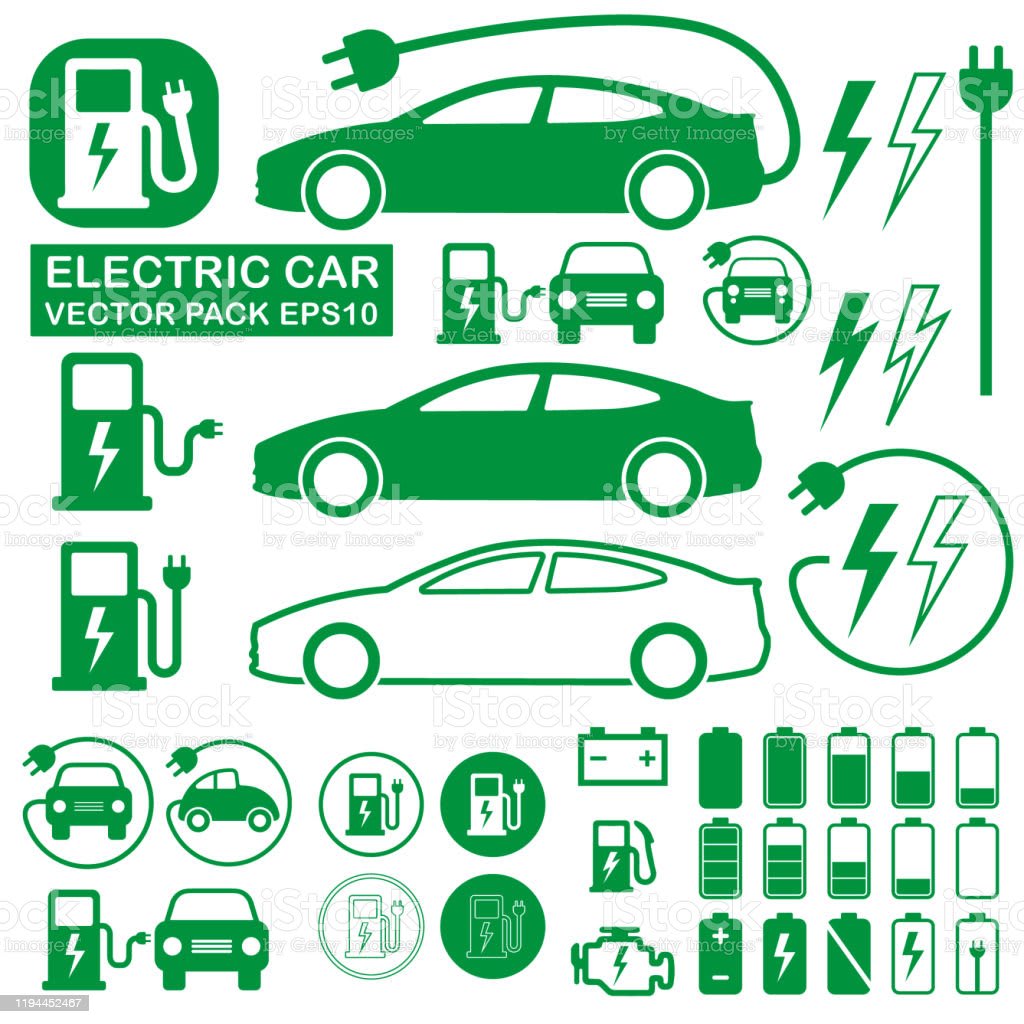ELECTRIC CARS
BENEFITS AND HARMS OF ELECTRIC CARS

ChatGPT
Title: Electric Cars: Revolutionizing the Future of Transportation
Introduction
The emergence of electric cars has ushered in a new era of sustainable transportation, promising a cleaner and greener future. With advancements in technology and increasing concerns about climate change, electric vehicles (EVs) have gained significant popularity worldwide. In this essay, we will explore the various aspects of electric cars, including their environmental benefits, technological advancements, market growth, challenges, and their potential to transform the automotive industry.
Environmental Benefits
One of the most compelling reasons to embrace electric cars is their positive impact on the environment. Unlike conventional internal combustion engine (ICE) vehicles, electric cars produce zero tailpipe emissions. By replacing fossil fuel-powered engines with electric motors, EVs significantly reduce air pollution and greenhouse gas emissions. This reduction in carbon dioxide emissions is crucial in combating climate change and improving air quality in densely populated urban areas.
Moreover, electric cars offer the potential for a more sustainable energy ecosystem. With the integration of renewable energy sources, such as solar and wind power, EVs can be charged using clean energy, further reducing their carbon footprint. This synergy between renewable energy and electric vehicles has the potential to create a virtuous cycle, where clean energy powers clean transportation.
Technological Advancements
Advancements in battery technology have been instrumental in making electric cars more practical and efficient. Lithium-ion batteries, the most commonly used batteries in electric vehicles, have witnessed significant improvements in terms of energy density, charging speed, and overall performance. These advancements have led to increased driving ranges and shorter charging times, addressing the concerns of range anxiety among potential EV owners.
Additionally, rapid developments in electric motor technology have resulted in more efficient and powerful motors. These motors offer instantaneous torque, providing a smooth and exhilarating driving experience. Furthermore, regenerative braking systems in electric cars convert kinetic energy into electrical energy, which is stored in the battery. This feature not only enhances efficiency but also increases the overall range of the vehicle.
Market Growth
The global market for electric cars has experienced remarkable growth in recent years. Increasing public awareness about climate change, stricter emissions regulations, and government incentives have all contributed to the rise in electric vehicle adoption. According to the International Energy Agency (IEA), the number of electric cars on the road exceeded 10 million in 2020, with China, Europe, and the United States leading the way.
Furthermore, major automakers have made significant commitments to electric mobility. Companies like Tesla, Nissan, General Motors, and Volkswagen have invested heavily in electric vehicle production and infrastructure development. This surge in market interest and investment is driving technological innovation and competition, leading to improved electric car offerings and falling prices, making EVs more accessible to the general public.
Challenges and Solutions
Despite their numerous advantages, electric cars face several challenges that need to be addressed for wider adoption. The primary concern is the limited charging infrastructure. Expanding the availability of charging stations, both at home and in public places, is crucial to alleviate range anxiety and promote electric vehicle ownership. Governments and private entities are working together to establish a comprehensive charging network, including fast-charging stations along major highways and in urban areas.
Another challenge is the cost of electric vehicles. Although prices have been decreasing, electric cars are still generally more expensive than their gasoline counterparts. However, ongoing advancements in battery technology, economies of scale, and government incentives are expected to bring down the upfront costs of electric cars, making them more affordable for the masses.
Battery life and degradation are also areas of concern. While battery technology has improved significantly, the lifespan of batteries and the potential for degradation over time remain important considerations. Continued research and development efforts aim to enhance the durability and longevity of batteries, ensuring that electric car owners can enjoy optimal performance throughout the vehicle's lifespan.
Transforming the Automotive Industry
The rise of electric cars has the potential to transform the entire automotive industry. Traditional automakers are increasingly shifting their focus toward electric vehicle production, investing in research and development to stay competitive in the evolving market. Electric vehicles have also spurred innovation in autonomous driving technology, as many self-driving prototypes are electric cars. The integration of electric and autonomous technologies could revolutionize urban transportation, reducing traffic congestion and enhancing road safety.
Furthermore, the growth of electric cars is driving the demand for sustainable materials and supply chain practices. As the industry seeks to reduce its environmental impact, automakers are exploring the use of recycled materials, lightweight components, and sustainable manufacturing processes. This shift toward sustainability is not limited to the vehicles themselves but extends to the entire lifecycle, from production to end-of-life recycling.
Conclusion
Electric cars have emerged as a promising solution to mitigate the environmental impact of transportation, reduce reliance on fossil fuels, and drive sustainable mobility. With their environmental benefits, technological advancements, market growth, and potential to transform the automotive industry, electric vehicles are poised to revolutionize the way we commute. As governments, businesses, and individuals continue to embrace electric mobility, we move closer to a future where clean, efficient, and electric transportation becomes the new norm.





Comments
There are no comments for this story
Be the first to respond and start the conversation.